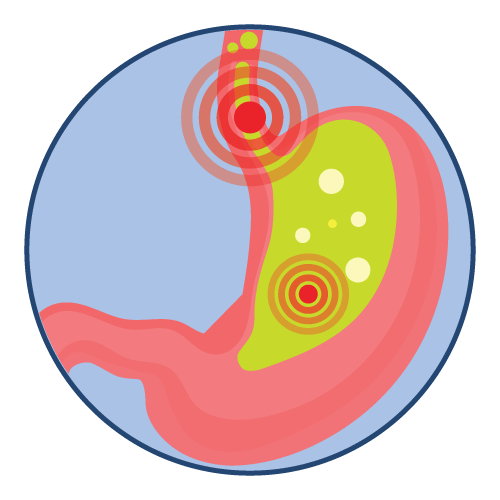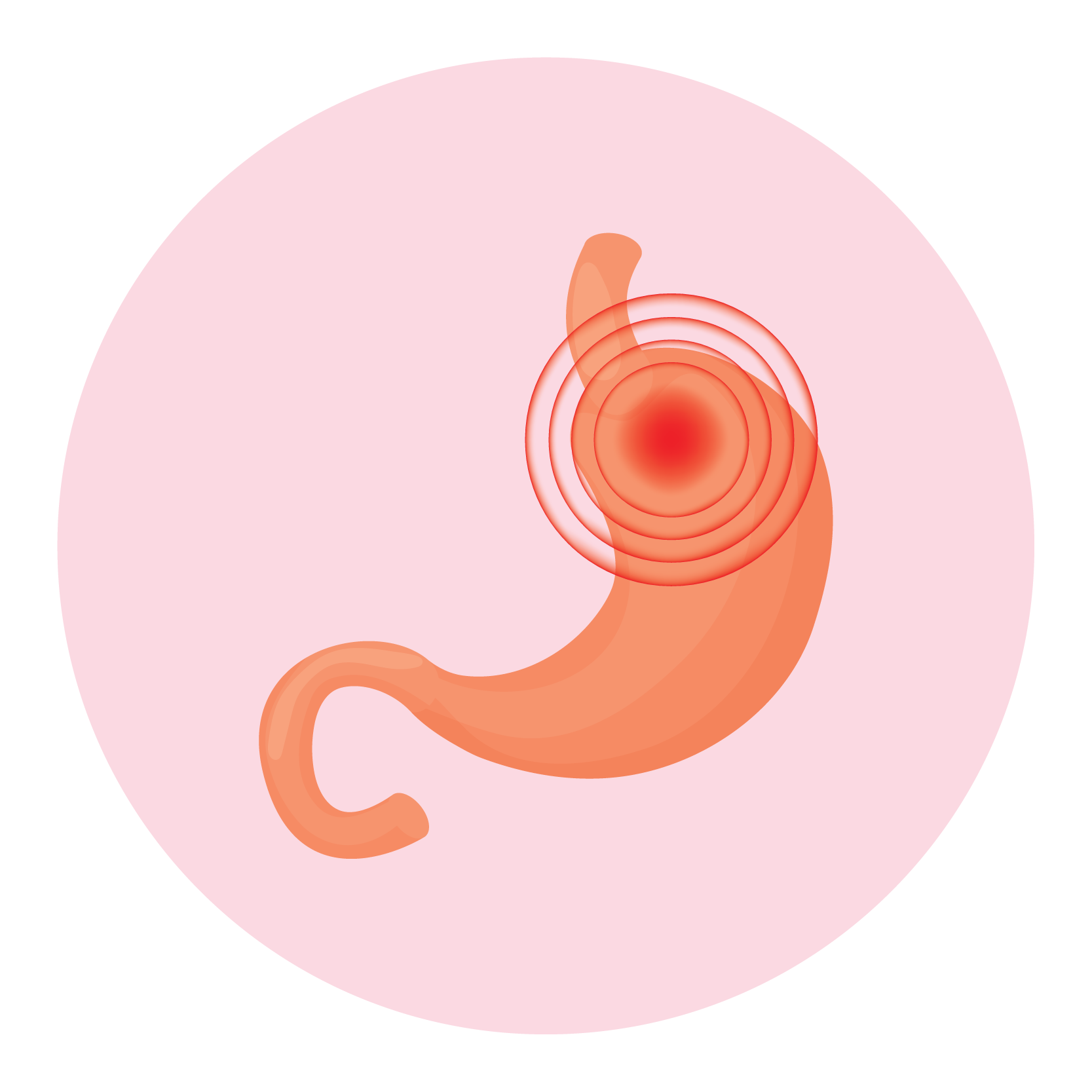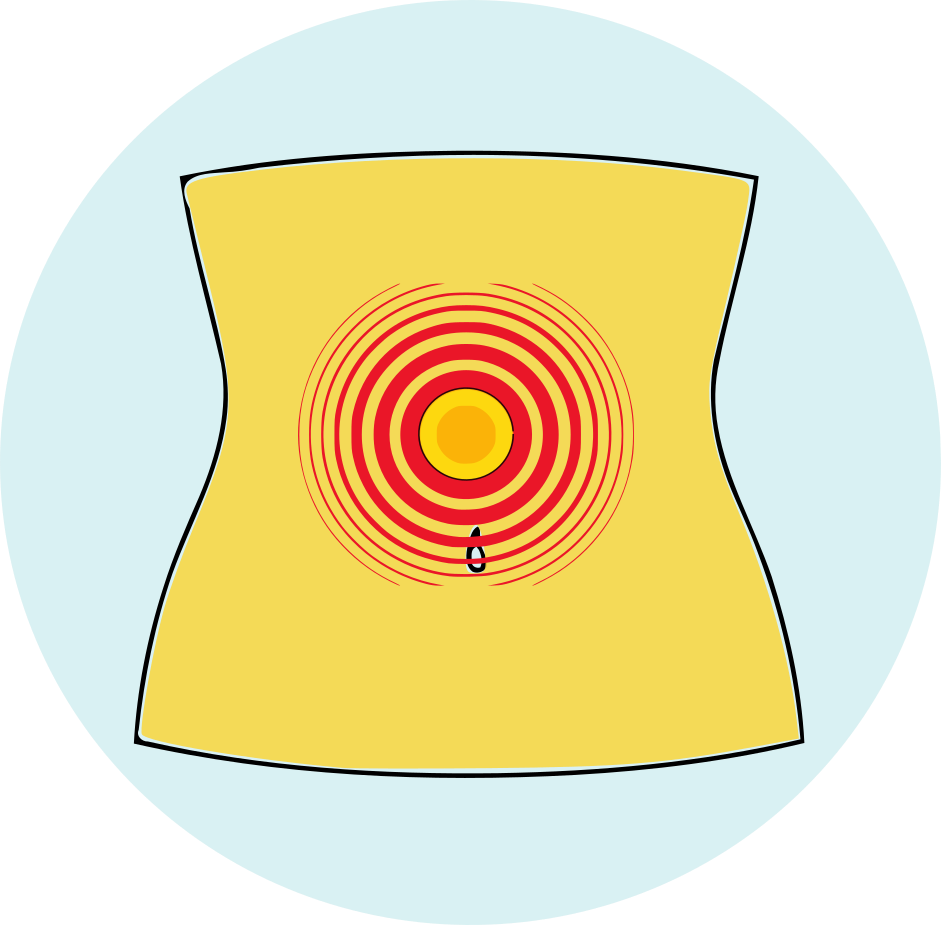| Name | Aluminium Hydroxide Gel |
| Classes |
Antacid Gastrointestinal Agent |
| Diseases |
Bloating Dyspepsia Gastrointestinal Disease GERD (Gastroesophageal Reflux Disease) Heart Burn Indigestion Ulcer |
Aluminium Hydroxide Gel
Aluminum hydroxide gel is an inorganic basic compound that is used to neutralize excess acid secretion in the stomach.
Aluminum hydroxide gel is indicated for symptomatic relief of the following conditions-
- Gastric acidity
- Dyspepsia
- Flatulence
- Adults: The usual dose is 5-10 mL. Aluminum hydroxide gel should be taken 20-60 minutes after each meal and before bedtime.
- Children: Consult your physician or pharmacist
Before each dose, give the bottle a good shake. The flavor of the suspension may be improved by refrigerating it. Do not freeze the medication. This drug is most effective when taken without any other liquids. If necessary, dilute your dose with a little water.
There are no serious or frequent side effects associated with the use of Aluminium hydroxide gel. But the following side effects may appear-
- diarrhea
- abdominal pain
- constipation
- Large doses of this product may trigger or aggravate intestinal obstruction and ileus in patients at higher risk, such as those with renal impairment or the elderly. Aluminium hydroxide may cause constipation, and magnesium salts overdose may cause hypomotility of the bowel; large doses of this product may trigger or aggravate intestinal obstruction and ileus in patients at higher risk, such as those with renal impairment or the elderly.
- Because aluminum hydroxide is poorly absorbed from the gastrointestinal tract, systemic effects in persons with normal renal function are uncommon. Excessive or long-term use, or even standard doses in people on low-phosphorous diets, can cause phosphate depletion (due to aluminium-phosphate binding), which can lead to accelerated bone resorption and hypercalciuria, as well as osteomalacia. Long-term use or people who are at danger of phosphate deficiency should seek medical guidance.
- Aluminium and magnesium levels in the blood rise in people with renal impairment. Long-term exposure to large doses of aluminum and magnesium salts may cause encephalopathy, dementia, microcytic anemia, or exacerbate dialysis-induced osteomalacia in these patients.
- Patients with porphyria who are receiving hemodialysis may be at risk from aluminum hydroxide. Antacids should not be used for long periods of time in patients with renal failure.
- Sorbitol is present in this product (E420). This drug should not be used by patients who have a rare genetic fructose intolerance condition.
Contraindication
- Contraindicated in patients hypersensitive to any component of the medication.
- Coadministration with tetracycline and quinolone antibiotics is contraindicated-
There's no known contraindications of aluminum hydroxide gel in terms of food and drinks.
There's no known contraindications of aluminum hydroxide gel in terms of health.
 Bangla
Bangla English
English




